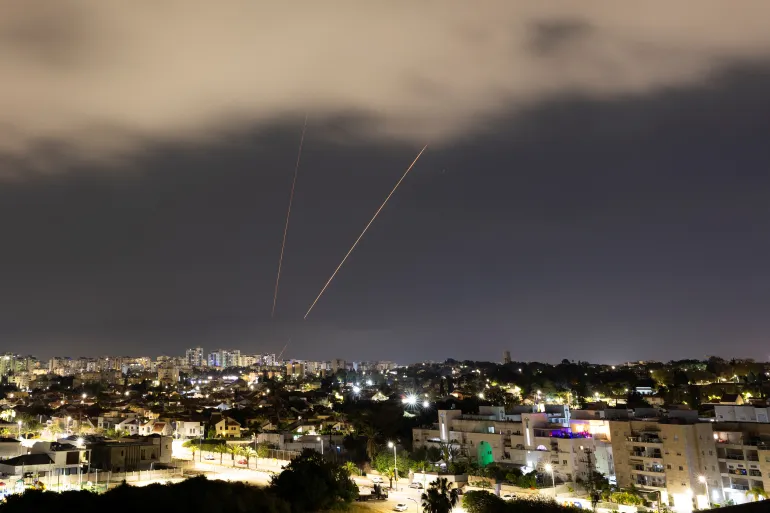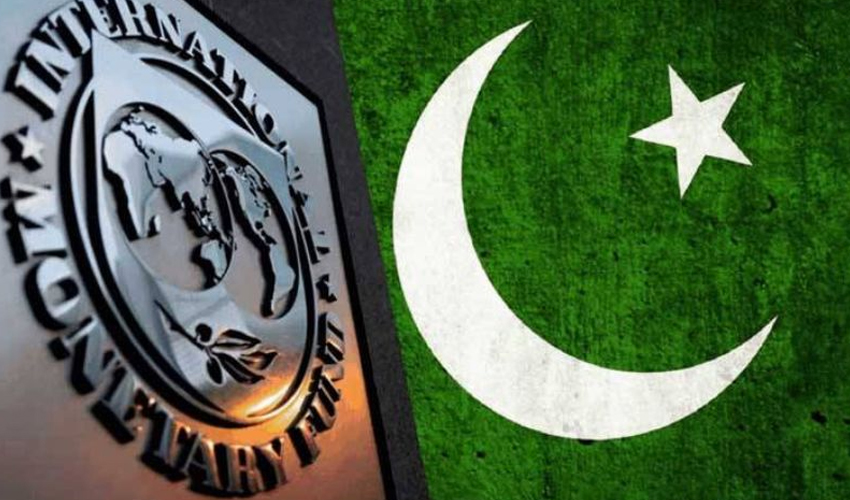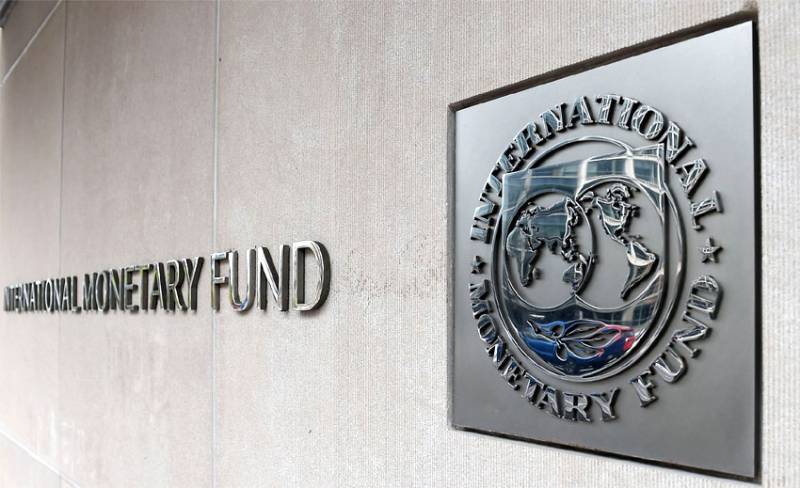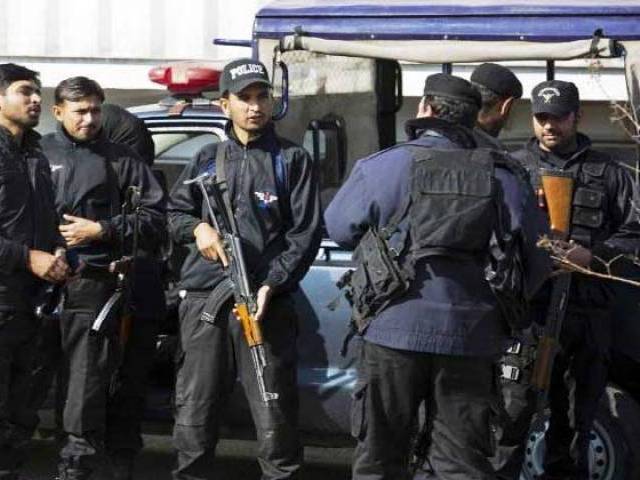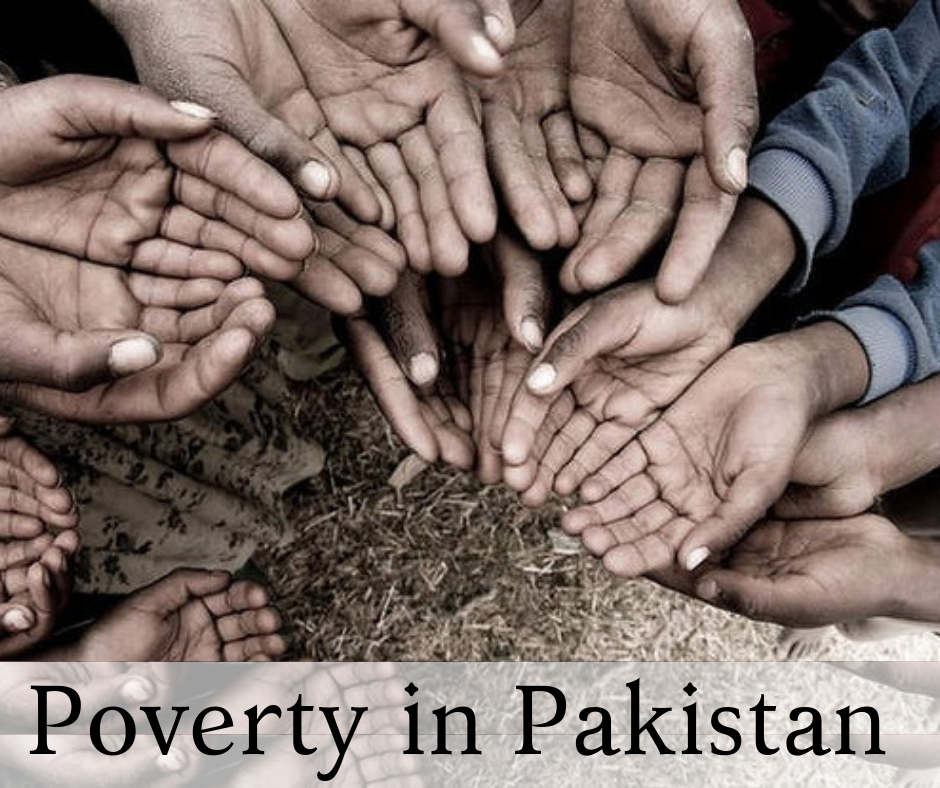EDITORIAL:
It has been 20 long years since the American war machine, backed by the ‘Coalition of the Willing’, invaded Iraq. Yet, the country still struggles to recover from the trauma caused by this unnecessary aggression. The pretext for this egregious act was the supposed presence of weapons of mass destruction, which were never found. However, it is widely believed that the real motive behind this bloody folly was to flex America’s imperial muscle in a region that is rich in energy resources. At that time, a warmongering group of neoconservatives held sway in the George W. Bush White House, and their influence led to the ill-conceived war.
Sadly, the misguided attempt to bring ‘democracy’ to Iraq did not end there. Despite previous failures in other parts of the world, NATO and the West went on to destroy Libya, and they also attempted to overthrow the government of Syria by hijacking the local movement against Bashar al-Assad. If it were not for the military intervention of Iran and Russia, who are often seen as the West’s foes on the geopolitical stage, Mr. Assad may have met the same fate as Saddam Hussein and Muammar Qadhafi.
The tragic consequences of these interventions have been well-documented. The wars have resulted in the loss of countless lives and have left a trail of destruction in their wake. In Iraq, the once-stable country has been reduced to a state of chaos and instability, with various factions vying for power. Libya has descended into anarchy, with different groups fighting for control. And in Syria, the ongoing conflict has caused immeasurable suffering for the people, with millions displaced and countless lives lost.
The consequences of these ill-advised interventions are still being felt today. The rise of extremist groups, such as ISIS, can be traced back to the destabilization caused by the wars in Iraq and Libya. The ongoing conflict in Syria has created a humanitarian crisis, with millions of refugees seeking shelter in neighboring countries. The people of these countries have been robbed of their basic human rights, and their lives have been shattered by the violence unleashed upon them.
It is time for the international community to reflect on the lessons of these tragic events. Military intervention should only be considered as a last resort and should be undertaken with the utmost care and caution. The human cost of war is far too high, and the consequences of these actions can be felt for generations. Instead, the focus should be on peaceful diplomacy and dialogue, with the goal of finding solutions that are sustainable and just.
It has been two decades since the US military apparatus, bolstered by the ‘Coalition of the Willing,’ charged into Iraq, leaving a trail of destruction and trauma in its wake. The ostensible justification for this indefensible war was the supposed existence of Saddam Hussein’s weapons of mass destruction, which turned out to be a myth. However, the true impetus behind this bloody venture may have been the neoconservative faction’s hunger for power and control over the energy-rich Middle East region. Regrettably, the misguided attempt to export ‘democracy’ through the barrel of a gun did not end in Iraq; similar, earlier expeditions in other parts of the world had already demonstrated their ineffectiveness.
After Iraq, the West targeted Libya, resulting in its devastation. Furthermore, there were attempts to effect regime change in Syria by co-opting the indigenous movement against Bashar al-Assad. Without the intervention of Iran and Russia, who are viewed as adversaries by the West, Mr. Assad may have met the same fate as Saddam and Muammar Qadhafi.
Returning to Iraq, there has been no accountability for the destruction and bloodshed caused by the illegal invasion. Hundreds of thousands of innocent lives have been lost to violence related to the invasion and terrorism. Despite its vast oil wealth, Iraq’s infrastructure and economy are in disarray, and its society is fragmented along ethnic and sectarian lines, with its institutions paralyzed. However, the corrupt, bickering Iraqi political elite must also take responsibility for their post-invasion failure. Instead of delivering effective governance, the political system has created a sectarian framework, akin to the colonial arrangement in Lebanon, in which top public offices are divided along ethnic and sectarian lines. The Iraq invasion should serve as a stark warning against external regime change. Saddam’s Ba’athist regime was notoriously brutal, but the post-invasion power structure in Iraq has been a disastrous failure due to its unnatural creation. In fact, the occupation’s aftermath gave rise to the ISIS monster, which wreaked havoc across large parts of the region and beyond.
True democratic change must be a grassroots effort, with the people deciding when and how their government should be shaped. External solutions are bound to fail, as has been demonstrated in Iraq. Rather than imposing artificial solutions, Western powers must support genuine efforts towards democracy and human rights. The failure in Iraq, and the resulting damage to the country and its people, should serve as a cautionary tale against rash foreign policy decisions that have far-reaching consequences.
The West’s actions in Iraq and the Middle East, in general, have contributed to an erosion of trust between the region and the Western powers. Instead of promoting peace and stability, Western intervention has fomented violence, discord, and instability. It is time for the West to abandon its failed policies of regime change and embrace diplomacy and cooperation. The people of the Middle East, like all peoples, deserve the right to self-determination and to have their voices heard.
In conclusion, the invasion of Iraq was a catastrophic misstep that should never have occurred. It was a misguided attempt at external regime change that resulted in untold suffering and destruction. The lesson from this debacle is clear: the imposition of artificial solutions is doomed to fail. Democracy must come from within, and the West must respect the sovereignty and autonomy of other nations. Only through genuine cooperation and diplomacy can we hope to achieve lasting peace and stability in the region and beyond.
Read more:







































